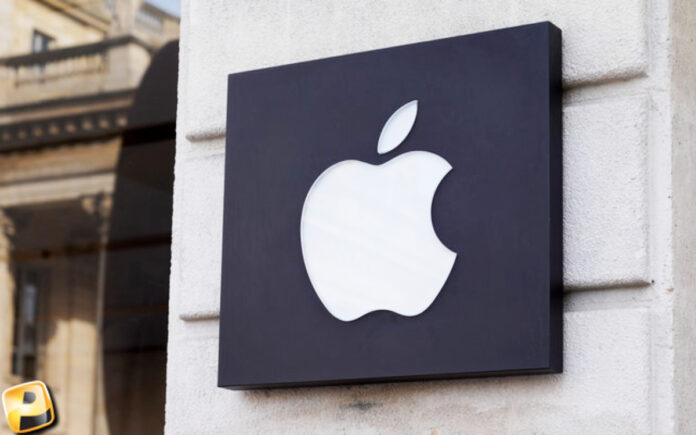New York: Apple Inc. has been found in violation of a federal court order requiring it to foster greater competition within its App Store ecosystem. In a ruling issued on Wednesday, U.S. District Judge Yvonne Gonzalez Rogers determined that the tech giant failed to comply with a prior injunction stemming from a landmark antitrust case filed by Fortnite creator Epic Games.
In her detailed 80-page decision, Judge Gonzalez Rogers stated that Apple’s actions amounted to a willful disregard of the court’s orders, which were designed to break Apple’s tight grip on app distribution and payment systems. The injunction, originally imposed in 2021, mandated that Apple allow developers to guide users toward alternative payment methods beyond the App Store, where Apple traditionally charges a 30% commission.
“Apple’s continued attempts to interfere with competition will not be tolerated,” Gonzalez Rogers declared. “This is an injunction, not a negotiation. There are no do-overs once a party willfully disregards a court order.”
The judge referred Apple and its vice president of finance, Alex Roman, to federal prosecutors for a criminal contempt investigation. She criticized Roman’s courtroom testimony, describing it as “replete with misdirection and outright lies,” suggesting deliberate attempts to obscure Apple’s noncompliance.
Apple responded to the ruling with a firm rebuttal, saying, “We strongly disagree with the decision. We will comply with the court’s order and we will appeal.”
Tim Sweeney, CEO of Epic Games, welcomed the ruling as a decisive victory for both developers and consumers. “It forces Apple to compete with other payment services rather than blocking them, and this is what we wanted all along,” he said, adding that Epic intends to relaunch Fortnite on the App Store as early as next week.
Apple removed Epic’s developer account in 2020 after the game developer enabled iPhone users to bypass Apple’s in-app payment system for cheaper alternatives — a move that triggered the high-profile legal showdown.
Epic had long accused Apple of using its dominant position to suppress competition and extract excessive commissions. Though the court did not find Apple in violation of federal antitrust law, Gonzalez Rogers ruled in 2021 that the company breached California competition law. The ruling was later upheld after Apple’s appeal was rejected by the U.S. Supreme Court in 2023.
In March 2024, Epic filed new claims, arguing that Apple was “blatantly” defying the court’s order. It cited Apple’s introduction of a 27% fee on external transactions and in-app messages that warned users of “potential dangers” when leaving Apple’s ecosystem — tactics Epic said rendered alternative payment routes “commercially unusable”.
Also Read | Appeals Court Blocks DOGE’s Access to Social Security Data in Major Privacy Ruling
Apple denied wrongdoing and defended its actions in a March 7 filing, claiming it had undertaken “extensive efforts” to comply while maintaining its core business model and ensuring user safety.
However, Gonzalez Rogers was unconvinced. She stated Apple was “immediately barred from impeding developers’ ability to communicate with users,” and prohibited the company from enforcing its 27% commission on out-of-app purchases.
Also Read | US-Ukraine Strike Landmark Minerals Pact in Strategic Shift from Arms to Investment
She further dismissed Apple’s plea to delay enforcement. “Apple cannot ask her to pause her ruling given the repeated delays and severity of the conduct,” she wrote.
Although she refrained from directly recommending a criminal case, Gonzalez Rogers made clear the implications of Apple’s conduct. “It will be for the executive branch to decide whether Apple should be deprived of the fruits of its violation, in addition to any penalty geared to deter future misconduct,” she concluded.



